Keywords: Native Title
There are more than 24 results, only the first 24 are displayed here.
Become a subscriber for more search results.
-
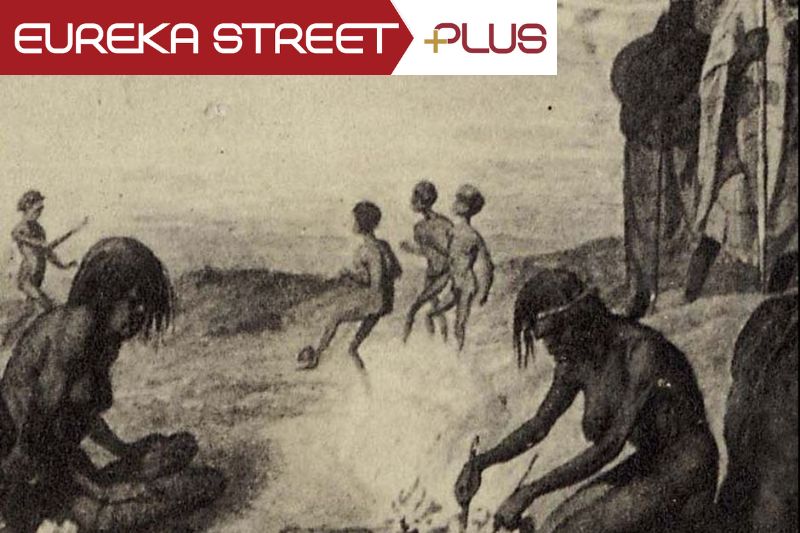
AUSTRALIA
- Jenny Sinclair
- 28 March 2025
The origins of Australian Rules Football are officially recorded, but not necessarily complete. As new questions emerge about Tom Wills, marngrook, and the silences in our national story, the game’s history becomes a mirror reflecting not only what we remember, but what we choose to forget.
READ MORE 
-

AUSTRALIA
- Mark Gaetani
- 26 February 2025
As cash fades from everyday transactions, its decline underscores a growing divide in access. With digital payments dominating and cash use dropping sharply, questions loom over the future of currency in an increasingly cashless society, and who might be left behind.
READ MORE
-

ARTS AND CULTURE
- Peter Craven
- 31 January 2025
Somewhat surprisingly, actor Josh Brolin is, in his way a born writer. In his new memoir, he succeeds in taking conversations of the most ordinary kind and bringing them to life, recounting oddly spellbinding encounters with figures like Cormac McCarthy, conjuring up the voices in narrative brimming with humour, vulnerability, and grace.
READ MORE 
-
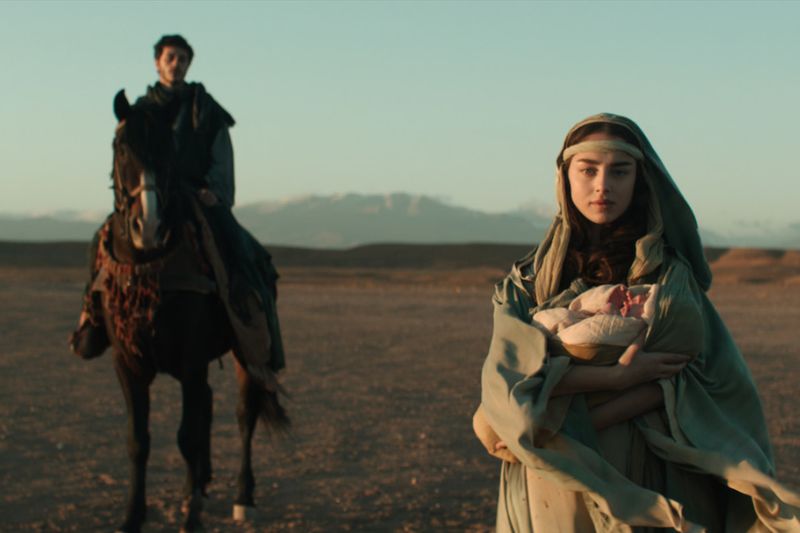
ARTS AND CULTURE
- Juliette Hughes
- 18 December 2024
In a year defined by uneven cultural offerings, books stood tall while cinema faltered and television treaded water. From Alexander Armstrong’s enchanting Evenfall to Patricia Briggs’ mystical Winter Lost, the literary landscape offered gems aplenty. Meanwhile, Netflix’s Mary proved a thunderous flop, and Barbie charmed in pink. Let the debates begin.
READ MORE
-

AUSTRALIA
- Sarah Klenbort
- 10 December 2024
From playground shrugs to a growing male crisis, outdated ideas about masculinity fuel violence, isolation, and despair. Addressing these challenges starts with how we raise boys — teaching compassion, accountability, and the courage to truly connect.
READ MORE
-

ARTS AND CULTURE
- Peter Craven
- 15 November 2024
Starring Cate Blanchett at the height of her powers, Disclaimer, the new streamer by Alfonso Cuarón, has already been dubbed the finest thing ever made for the new television, with the director claiming not to have made a serial, but a continuous film.
READ MORE 
-
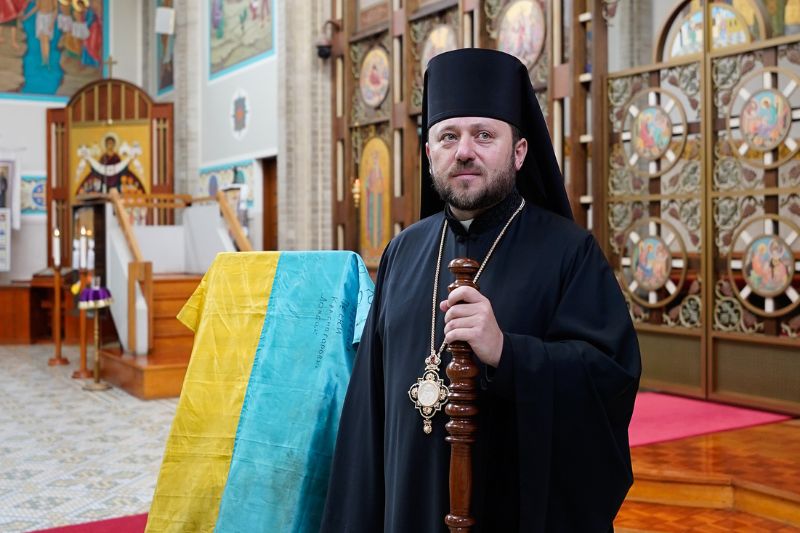
RELIGION
- Andrew Hamilton
- 14 October 2024
25 Comments
The recent appointment of Mikola Bychok as Cardinal caught many Australians off guard. Few are familiar with the Ukrainian Catholic Bishop from Melbourne, and his elevation challenges conventional notions of national identity, prompting reflection on who we consider 'one of us' and highlighting the Ukrainian community in Australia.
READ MORE
-
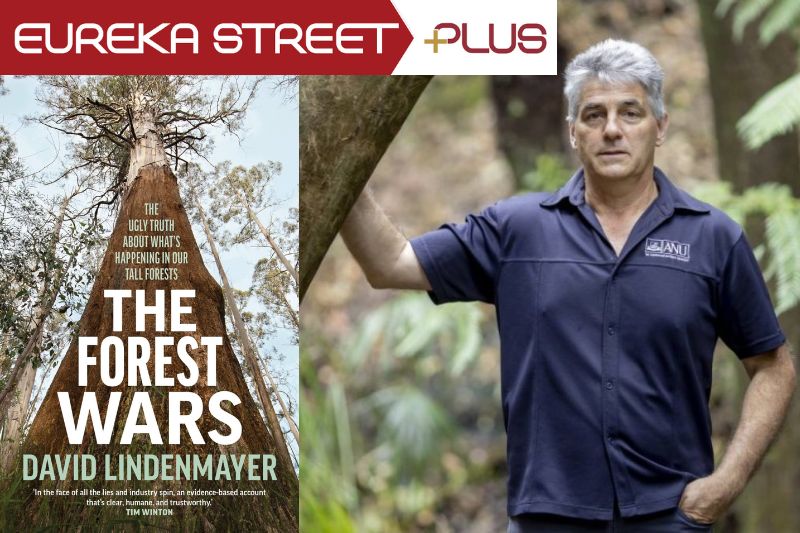
ENVIRONMENT
- Tony Smith
- 04 October 2024
The Forest Wars reveals how vested interests make life difficult for the scientists and activists who attempt to defend the environment, a war waged through deforestation on one hand and deception and obfuscation on the other. Linenmayer asks: if we continue to allow vested interests to drive deforestation, how long before the forests — and the future they promise — are lost beyond repair?
READ MORE 
-
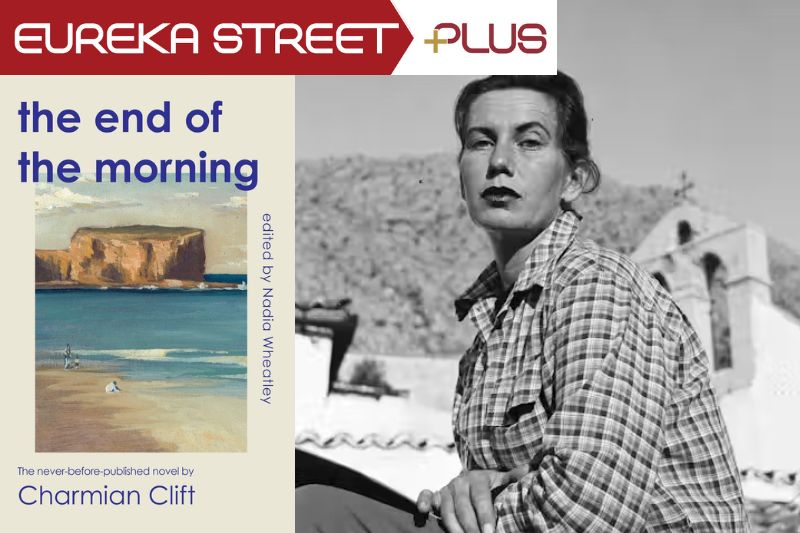
ARTS AND CULTURE
- Gillian Bouras
- 20 September 2024
2 Comments
The End of the Morning provides a rich reading experience, showing the reader an Australia that has been largely lost. But most readers will have a sense of dissatisfaction: they will want more. An unfinished novel, and an unfinished life.
READ MORE 
-
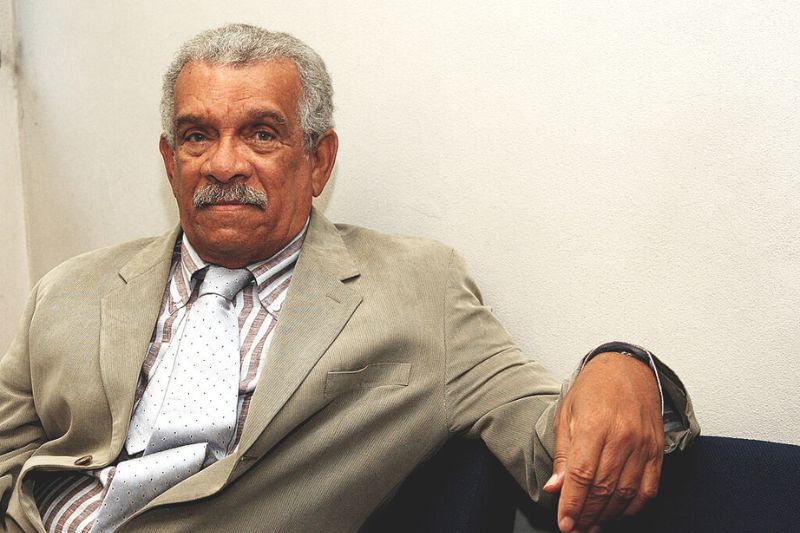
ARTS AND CULTURE
- Peter Steele
- 29 August 2024
1 Comment
Good poetry stops us in our tracks, visited as we are by whatever it is that has stopped the poet in his tracks. This agency may properly be, as in Walcott's case, something stemming from cultural marginality, from a fascination with the dramatic, from an equipoise between the lyrical and the epical, or from the interweaving of all these. (From the Eureka Street archives)
READ MORE
-
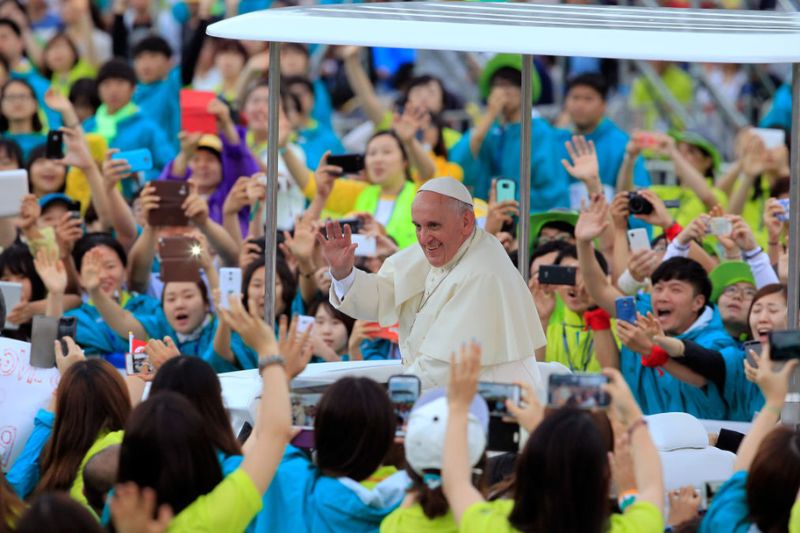
RELIGION
- Andrew Hamilton
- 28 August 2024
5 Comments
As Pope Francis embarks on a demanding tour, skipping Australia to visit smaller marginalised Catholic communities in Indonesia, Timor Leste, Papua New Guinea, he is demonstrating the priority of the Church in reaching out to those on the margins.
READ MORE
-
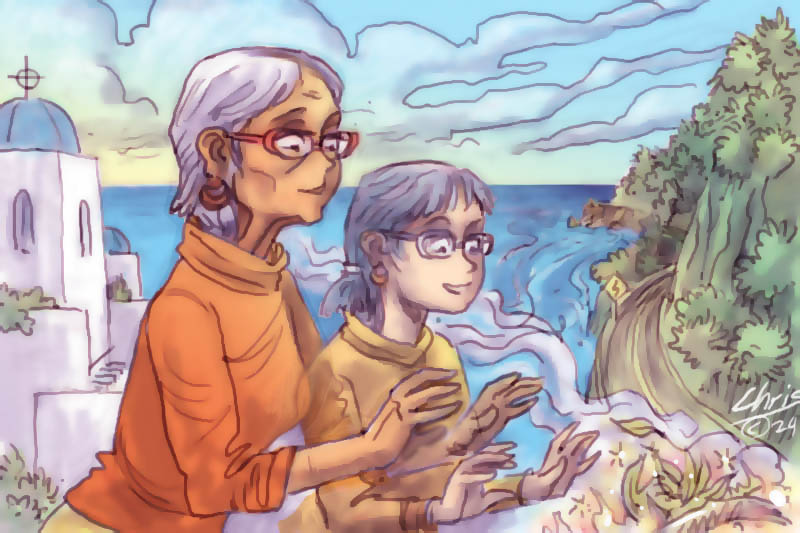
INTERNATIONAL
- Gillian Bouras
- 21 August 2024
6 Comments
In an uncertain world, the one certainty is that of change. Much like David Malouf’s idea that we are all exiles, even those of us who never leave home, for this is the effect that the passing of time has: familiar worlds become strange no matter where we are.
READ MORE